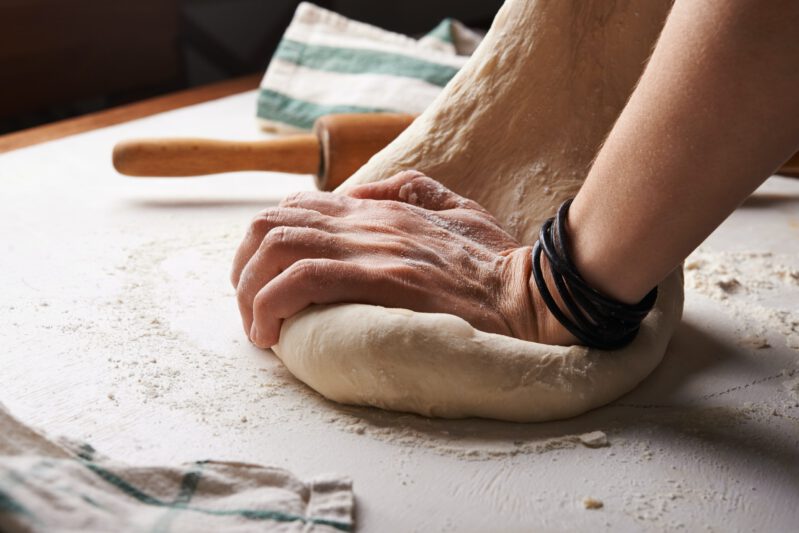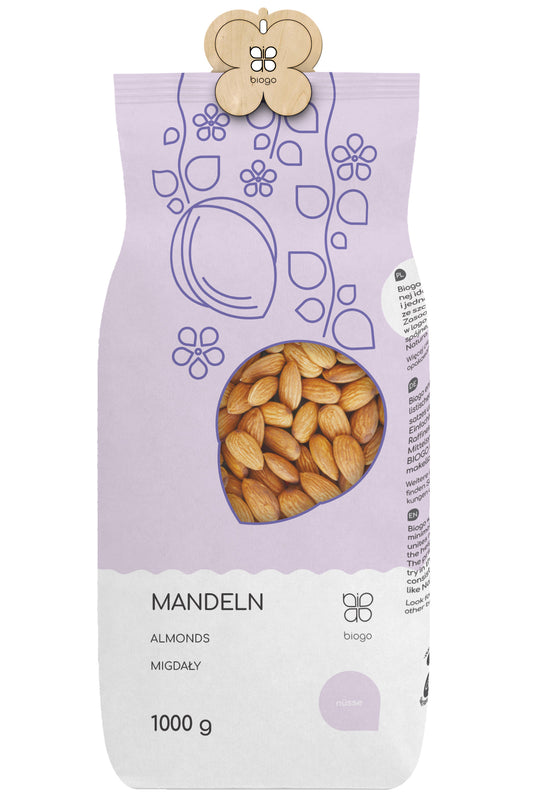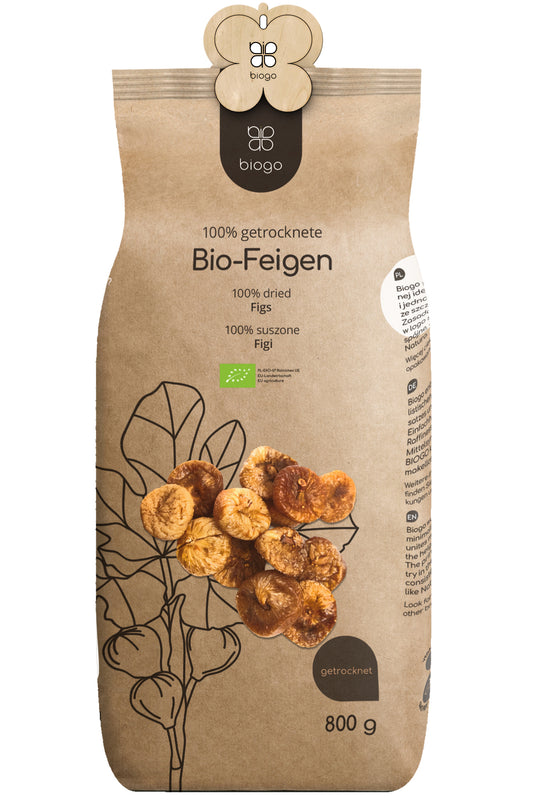CONTENTS
Slow Food is an idea that encourages us to celebrate food carefully and without haste. We prefer regional, seasonal dishes, prepared traditionally, without the use of semi-finished or highly processed products. Slow Food emphasizes the joy of preparing dishes and then enjoying them slowly, alone or with friends. Where does this whole movement come from, and what is its purpose?
Not everyone knows that Slow Food is not just an idea, but a fully-fledged organization currently uniting 35 countries (including Poland since 2002). It was founded in the second half of the 1980s by Carlo Petrini, an Italian food critic. By founding the Slow Food movement, Petrini expressed his opposition to emerging fast-food restaurants. The association's mission was and remains to support regional food producers and traditional recipes.
Today, almost 40 years after the birth of the Slow Food movement, in a world where life is becoming increasingly fast-paced, this idea is even more relevant. We are constantly rushing around: to a meeting, to the bus, to Pilates, to pick up a child from school, or to an extra English lesson. We prepare sloppy meals on the go and eat them sloppily and in a hurry. It seems to us that we don't have time to sit down with the whole family and eat dinner at a leisurely pace. Slow Food orders and makes us aware that it is a waste of time to eat junk food while standing and drink instant coffee that lacks real flavor. The aim is not to create exquisite and refined dishes, but to be simple and tasty, without artificial additives, preservatives, or colorings.
List of Slow Food products
The Slow Food organization has launched a project called "The Ark of Taste," whose goal is to compile a list of traditional regional products with an original flavor, unique in other parts of the world, that are in danger of being forgotten due to the proliferation and easy access of fast food. These include products such as English Cheddar cheese from Somerset, Moroccan argan oil , and Pu'er tea from Yunnan Province. Interestingly, the list of Arka Smaku products includes many, over 50, traditional delicacies from Poland. These include, among others:
- traditional sheep's cheese,
- Podhale sheep cheese,
- Bundz matured sheep's cheese,
- Anthill cake prepared with Faworki,
- Mead,
- Slivovitz,
- Polish red cow,
- pear tree,
- several apple varieties (e.g. Sztetyna Czerwona),
- Rose petal jam .
Cooking in the slow food style
Slow Food Cooking is nothing more than a return to traditional recipes and our grandmothers' recipes, natural products without artificial additives. The idea is to celebrate the preparation of the meal and then eat and enjoy it. While we don't have to commit to putting a ready-made, plastic-wrapped meal in the microwave, we can start by choosing fresh, local, and unprocessed products from a local farmer at the market. We should know where the food that ends up on our plates comes from. Instead of eating pizza from a store refrigerator or a frozen product, for example, opt for natural cheeses, farm-raised eggs , homemade sausages, and homemade preserves. Since the idea of slow cooking is the least processed food, it's worth following a few rules when preparing meals:
- Prepare products at home instead of buying them ready-made. For example, we can bake our own bread or sausage,
- Meat and fish are better baked than pan-fried,
- Steaming, which allows vegetables to retain more vitamins and minerals than cooking in water,
- Make your own preserves from seasonal vegetables and fruit, e.g. raspberry juice, pears in vinegar, pickled mushrooms or pickled cucumbers.
Today, the idea of Slow Food is intertwined with Slow Life; Slow Fashion is reaching more and more people, our homes, and our families. Conscious living, healthy eating, maintaining and celebrating family ties, and relationships with friends are becoming important to us. Slow Food perfectly combines with the idea of zero waste and an ecological lifestyle. It supports not only our health and well-being, but also our planet through traditional and ecological methods of food production.
THE PUBLISHER'S CHOICE
Dried dates 1 kg BIOGO
- £4.00
£5.00- £4.00
- Unit price
- / per
Almonds 1 kg BIOGO
- £11.00
£13.00- £11.00
- Unit price
- / per
Peeled sunflower seeds 1 kg BIOGO
- £3.00
£4.00- £3.00
- Unit price
- / per
Dried organic mango 400 g BIOGO
- £10.00
- £10.00
- Unit price
- / per
Dried White Mulberries 500 g ORGANIC
- £6.00
£7.00- £6.00
- Unit price
- / per
Popcorn (corn kernels) organic 1 kg BIOGO
- £6.00
- £6.00
- Unit price
- / per
Organic Ground Turmeric 500 g BIOGO
- £6.00
- £6.00
- Unit price
- / per
Milk thistle seeds 1 kg BIOGO
- £4.00
- £4.00
- Unit price
- / per
Dried organic figs 800 g BIOGO
- £27.00
- £27.00
- Unit price
- / per
Bag #changezbiogo Cotton v.2
- £3.00
- £3.00
- Unit price
- / per






































































































































